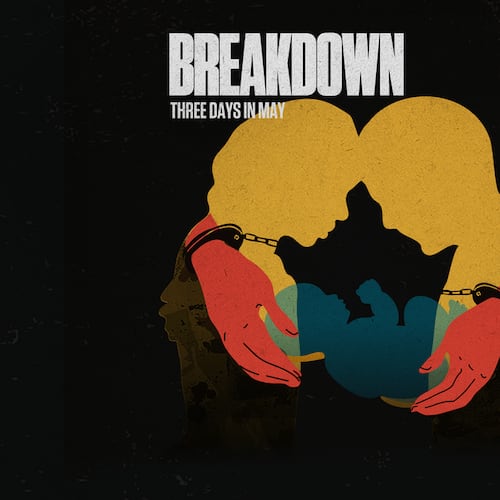It appears that the pennies will keep flowing to Gwinnett County government.
In unofficial results Tuesday night, Gwinnett voters favored renewal of the one-penny special purpose local option sales tax by a strong margin.
The sales tax, which has been on the books nearly continuously since 1985, would raise $498 million over the next three years.
The renewal means the county’s sales tax will remain at its current 6 percent — 4 percent for state government, 1 percent for county government and 1 percent for Gwinnett schools.
Many voters exiting the polls Tuesday said that they support the sales tax because it is a way to spread the burden to a broader group of people than just homeowners. Property tax collections make up the majority of revenue in the county’s operating budget.
“I own a home and I know that if they don’t get it this way, they’ll come after me with higher property taxes,” said Catherine Gilley, a retired accountant who lives in Lawrenceville.
State law dictates that the sales tax money be spent on building projects; it cannot be used for operational costs. County officials have said about 70 percent of the funds will be spent on roads, bridges, drainage, sidewalks, intersection improvements and other transportation projects. And the county’s 16 cities will get a hefty chunk of the cash, about $100 million.
The rest will be spent on public safety equipment; parks; library and senior citizen facilities; water and sewer improvements; and parking.
Significant opposition to the tax bubbled up from Gwinnett’s tea party movement. They complained that the county officials weren’t specific about most of the projects on which they will spend the money, and argued that corruption by past commissioners makes suspect the county’s ability to manage nearly a half billion dollars.
Chris McClurg, a trial lawyer whose practice focuses on constitutional issues, said he voted against the tax because he thinks the system is backward.
“Instead of saying here are the projects we need, here are our priorities, they calculate how much the tax will generate and then come up with ways to spend $500 million,” McClurg said. “It’s just kind of wide open.”
About the Author
Keep Reading
The Latest
Featured


